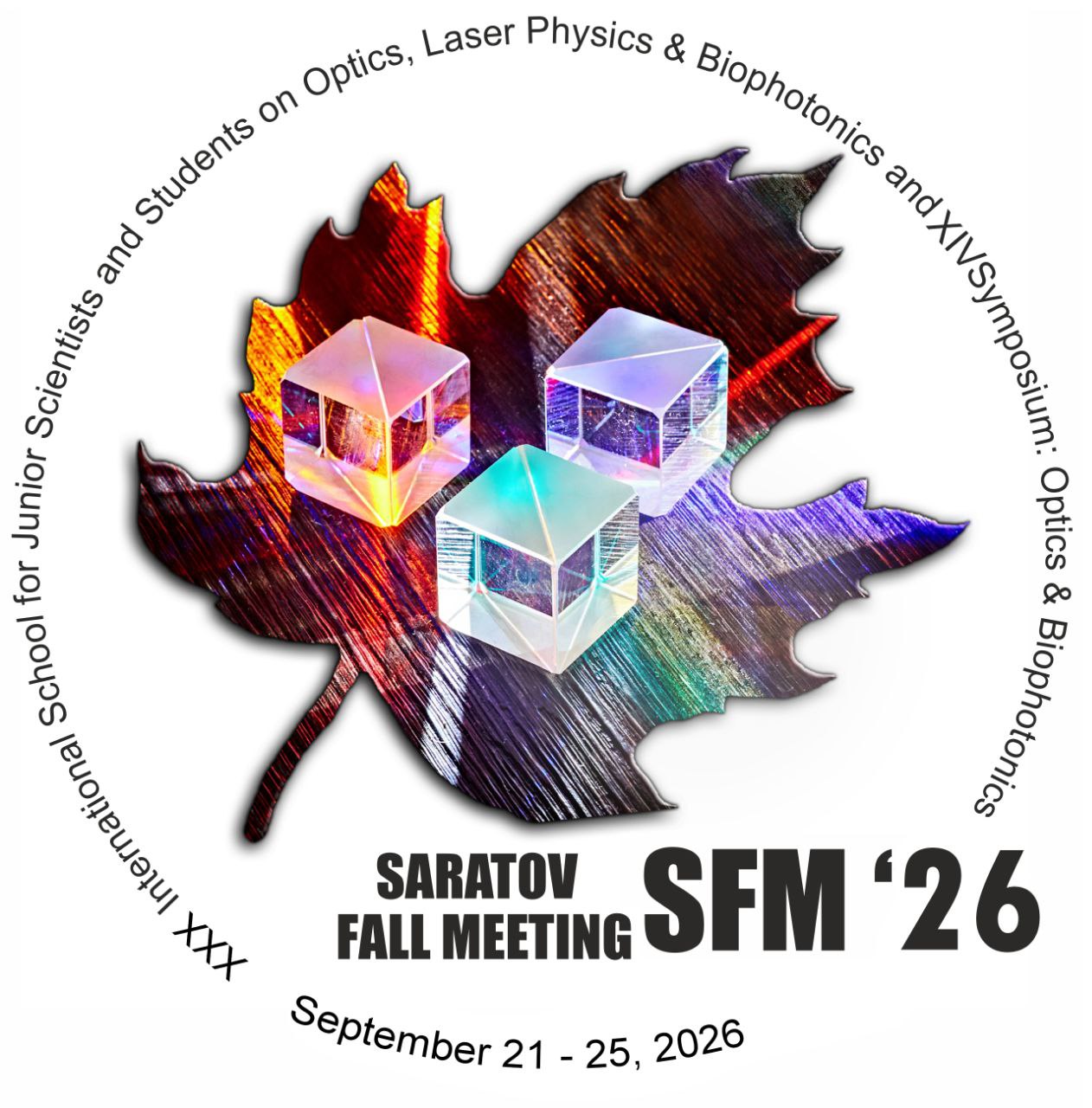Visualization and characterization of polyester copolymers by MRI and fluorescence spectroscopy in vivo and in vitro
Astemir R. Likhov ,1 Victoria V. Zherdeva,1 Veronika N.Volodina,1 1 FRC Biotechnology of the RAS, Russia, Moscow
Abstract
The paper describes a non-invasive method for assessing the biodegradation of polyester copolymers implanted in mice using magnetic resonance imaging (MRI) with MR-contrast and fluorescence spectroscopy; the paper also includes an assessment of the degradation of these copolymers in vitro in various model solutions. The material includes a description of the preparation of copolymers based on pentadiol-1,5, propylene glycol and succinic acid, the procedure for implanting polymers in laboratory mice of the Balb/c line, methods for obtaining images on the 1T M3™ MRI unit (Aspect Imaging, Israel), methods for obtaining fluorescent images, methods for interpretation images and post-processing, which allows for a qualitative and quantitative analysis of the objects under study. Based on the results of the work, the inclusion of fluorescent (indocyanine green) and paramagnetic labels (gadoterate) into the copolymer was confirmed. . Based on the results of the assessment of the cytotoxic properties of the studied copolymers, a conclusion was made about the safety of the copolymers, provided that neutral pH values are maintained. It is shown that the process of release of fluorescent and paramagnetic labels takes place in two phases: a) phase 1 - moderate yield of degradation products - with swelling of the copolymers and with a moderate rate of polymer degradation; b) phase 2 - rapid release of degradation products - at a higher rate, accompanied by complete or incomplete destruction of the polymer. It also turned out that the release of the paramagnetic label correlates better with the change in the mass of the copolymer and allows better monitoring of the biodegradation process. Control points were determined in the process of biodegradation of copolymers.
Speaker
Likhov Astemir Rizuanovich
FRC Biotechnology of the RAS, Russia, Moscow
Russia
Discussion
Ask question


